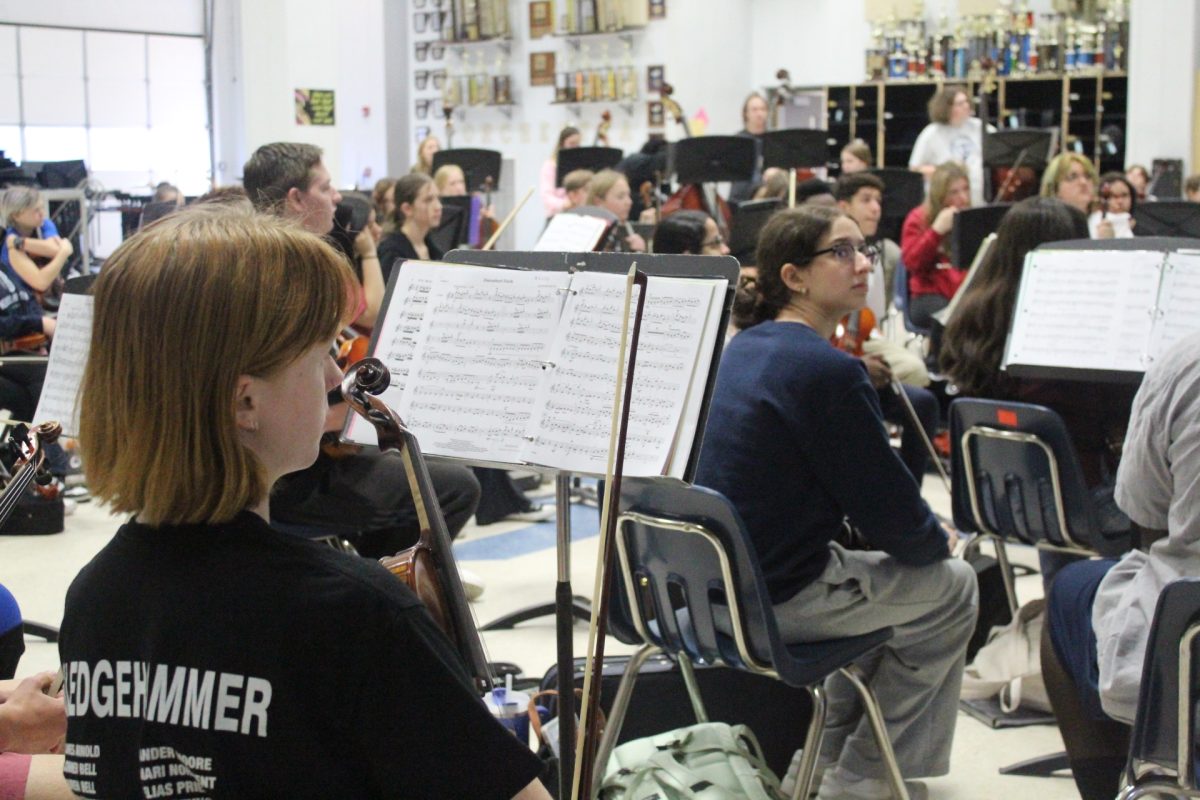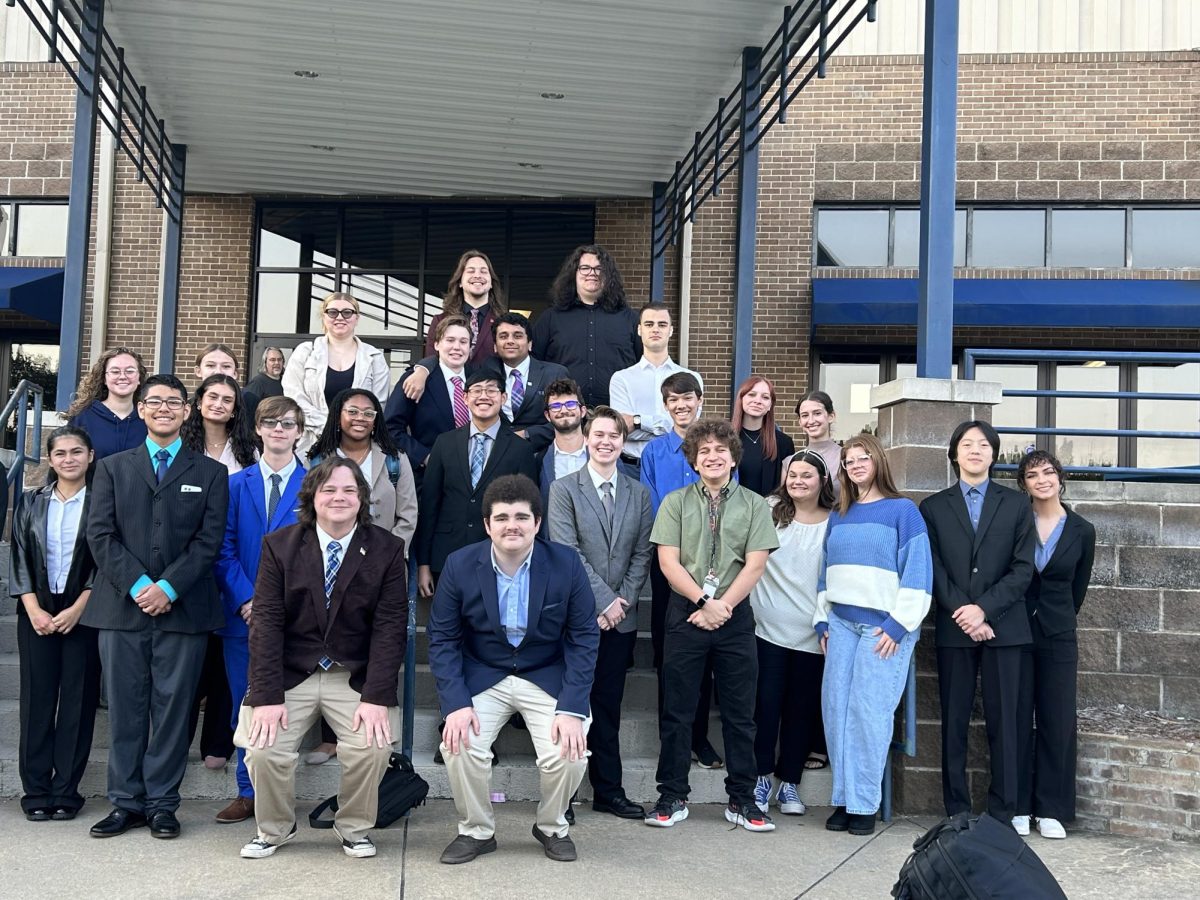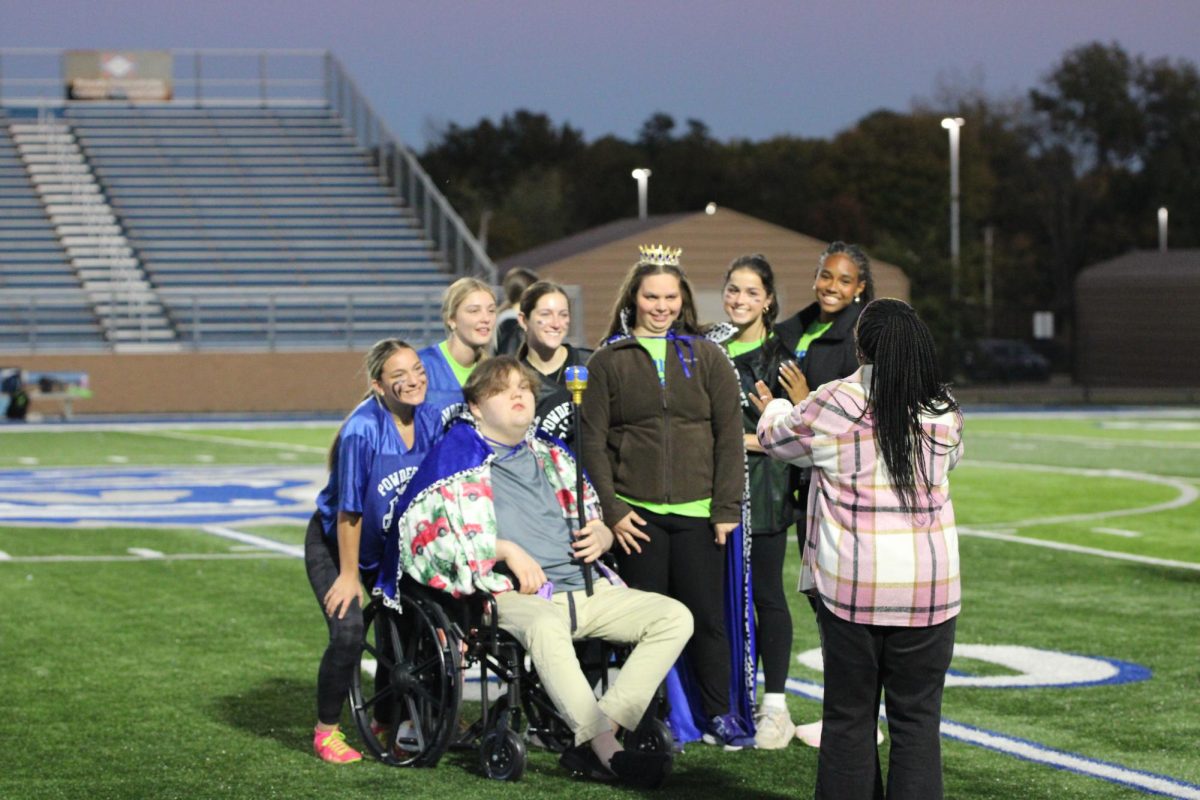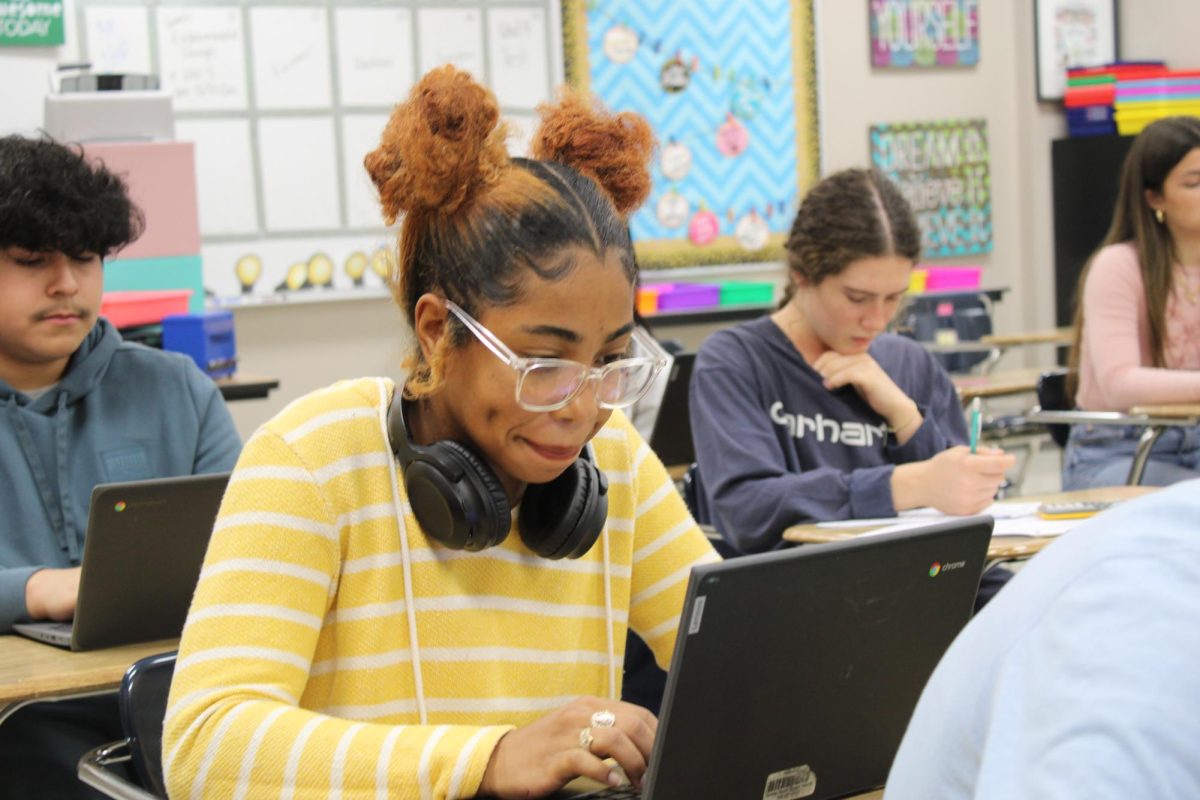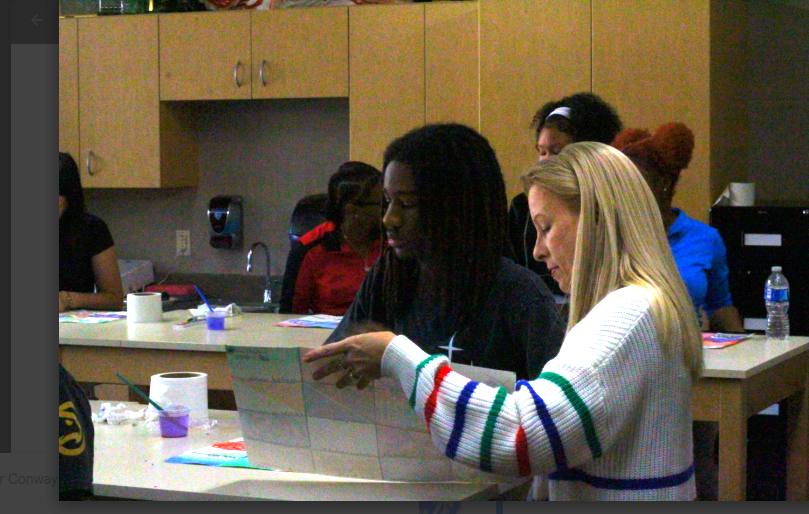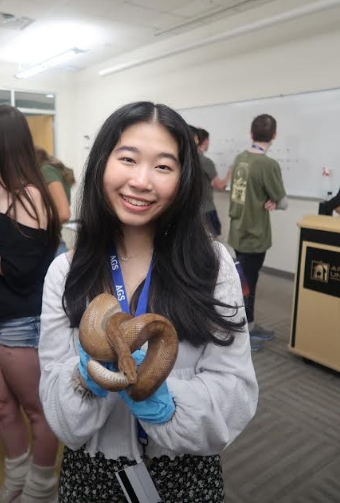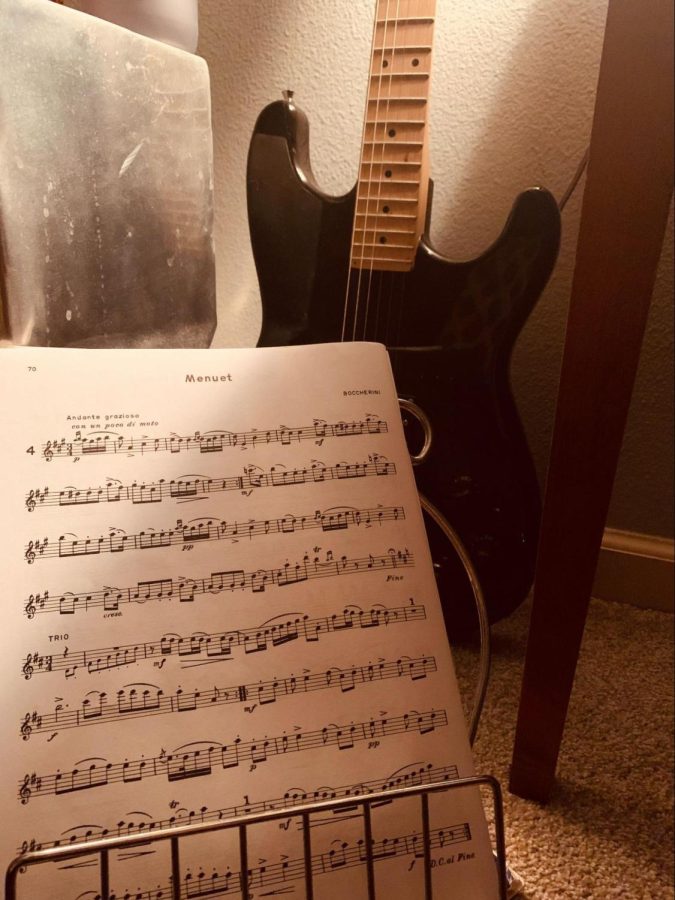Music: The World’s Oldest Therapy
October 4, 2021
| Music has been on this Earth for over 35,000 years. Over time, music has gradually developed into different genres and instruments and has spread rapidly across the planet. However, most importantly, music has impacted and continues to impact the lives of over 7 billion people. Music has been statistically and scientifically proven to affect the human brain positively. According to NAMI, the National Alliance on Mental Illness, active music listening can regulate mood. Molly Warren, a music therapist, and psychologist wrote an article for NAMI stating, “Because of its rhythmic and repetitive aspects, music engages the neocortex of our brain, which calms us and reduces impulsivity.” Whether you listen to calming music or upbeat music, it stimulates a part of your brain that makes you slow down and think out situations thoroughly before acting upon them. Although some people may think listening to music may distract you from focusing and retain critical information, learning to play a musical instrument increases your ability to focus and retain crucial details. According to Joseline Sila, an internet marketer and blogger for Thrive Global, “When training your musical instruments, you need to coordinate between reading the sheet music and playing an instrument. Playing an instrument involves a lot, from changing key signatures to tempo markings, notes, and more…” Sila also says, “When playing musical instruments, your brain is actively engaged, and so it helps you stay alert and increases your attention span. Sometimes, people with ADD are usually encouraged to play musical instruments to help alleviate their condition.” As for memory, Sila says, “When playing musical instruments, both sides of the brain are used, and the volume of gray matter increases. When the peripheral and central nervous systems are involved, the brain is able to process emotional, auditory, visual, and sensory information. Your memory power strengthens and the skill also helps improve literacy skills, verbal memory, and spatial reasoning. In fact, playing musical instruments have been used as a way of slowing down the onset of Alzheimer’s disease and dementia, as well as helping stroke patients recover.” Playing an instrument truly helps people focus on multiple tasks in everyday life, even outside of the music world. Music as a prominent concept is what keeps humans calm and happy. Music is practically the oldest type of therapy ever since it is as old as human existence. The next time you’re listening to music or playing a musical instrument, think about how content it truly makes you and appreciate that feeling. Let the music heal you. |

